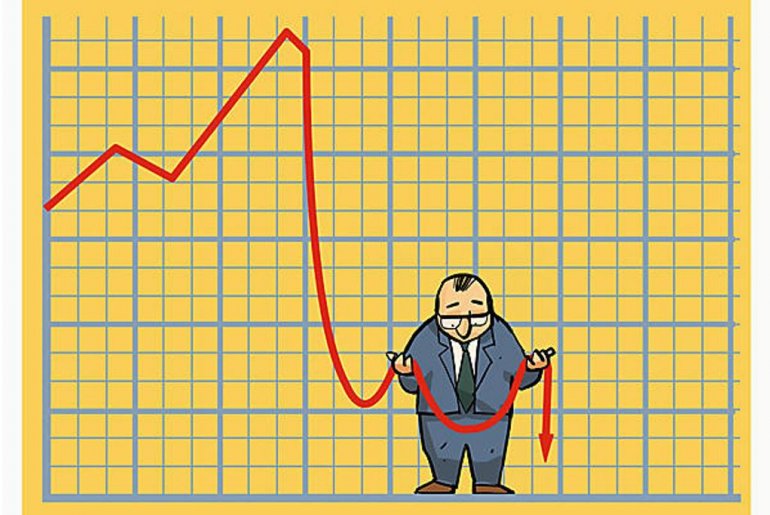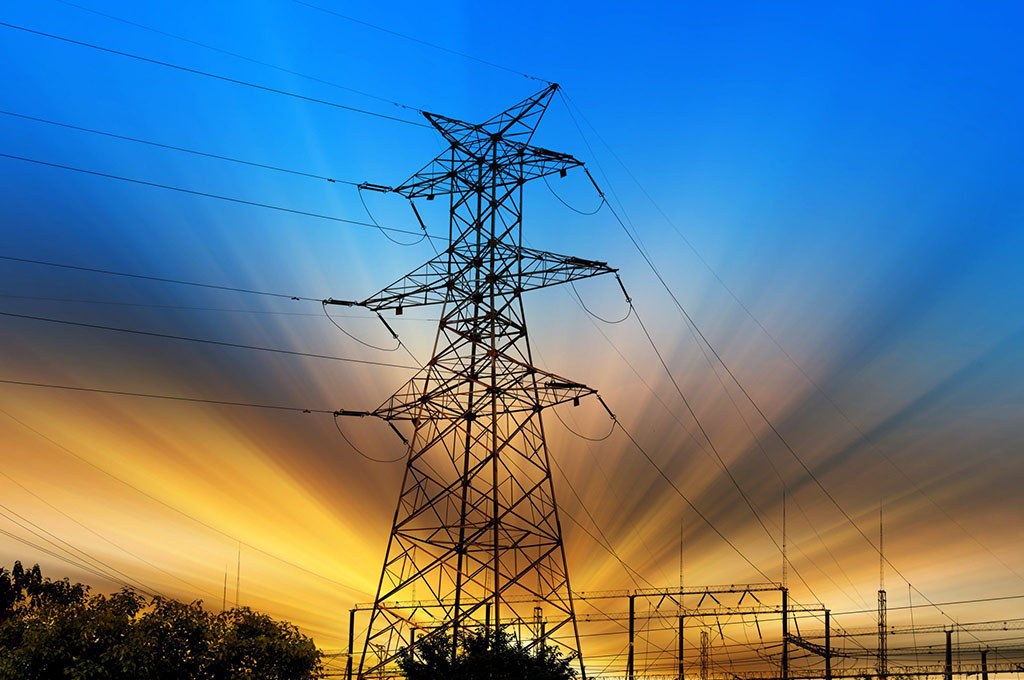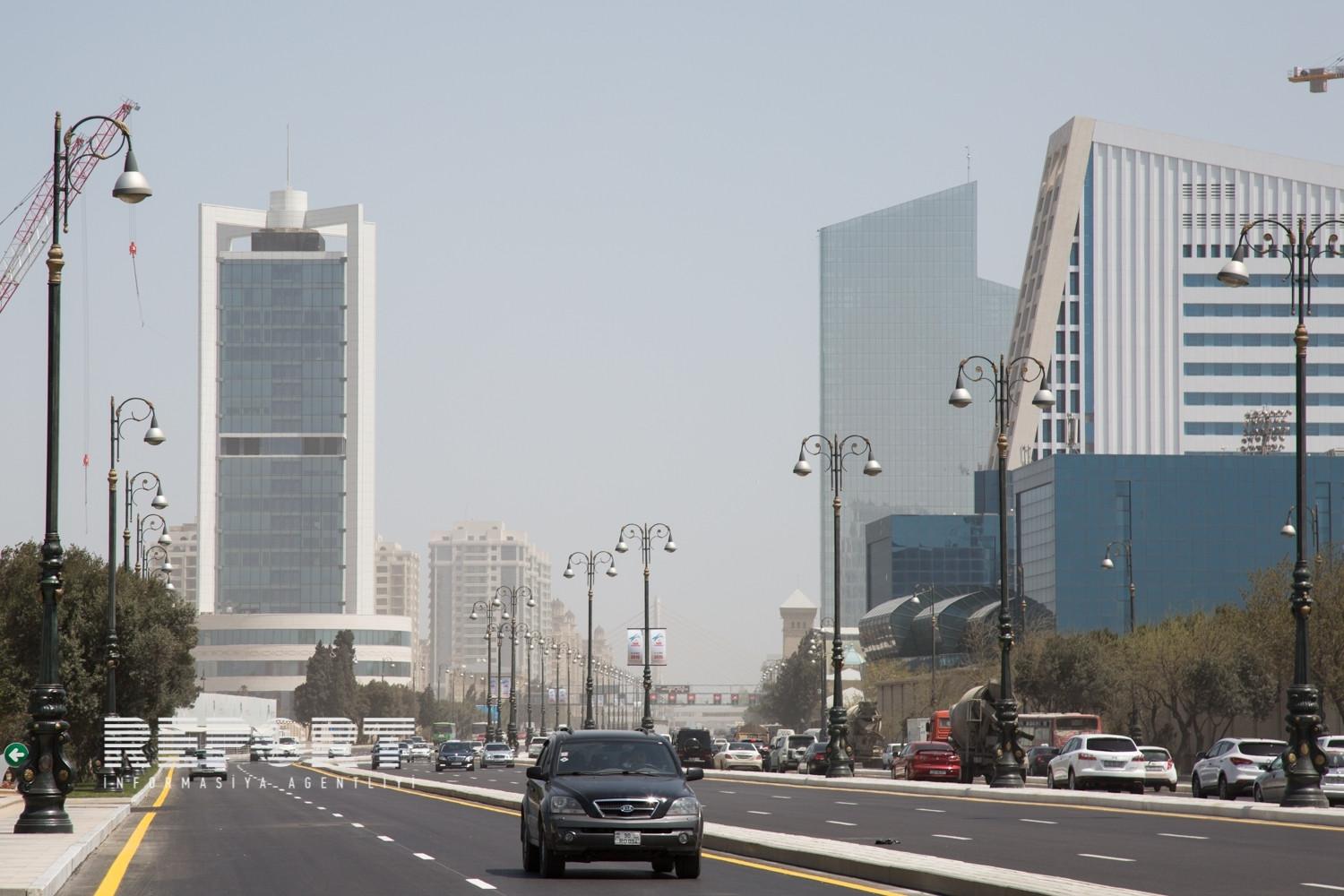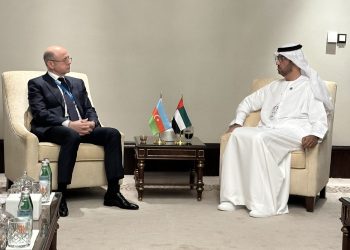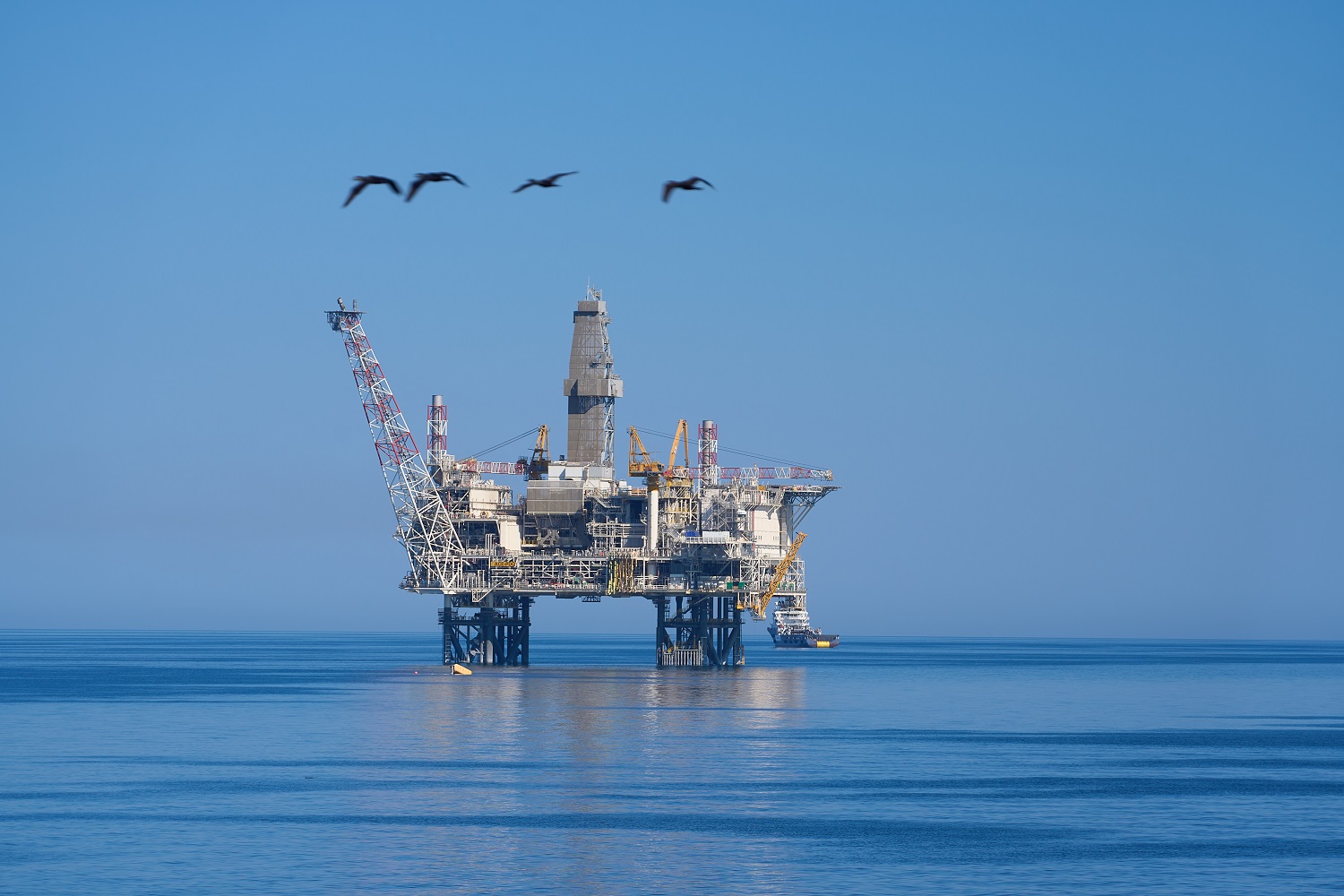 In November 2014, the Russian Federation canceled South Stream. This was driven by pressures including western sanctions, European Union regulations, as well as the inviability of creating a duplicate pipeline to the same customers to skirt conflicts for which the Russian Federation is blamed.
In November 2014, the Russian Federation canceled South Stream. This was driven by pressures including western sanctions, European Union regulations, as well as the inviability of creating a duplicate pipeline to the same customers to skirt conflicts for which the Russian Federation is blamed.
Despite the oil prices which plummeted and a severely weakening Russian economy, President Putin declared a plan to construct a pipeline to Turkey after having built the Black Sea Blue Stream pipeline already.
This pipeline, dubbed Turk Stream, would then export some natural gas to south-eastern Europe, competing with the Azerbaijani TAP and TANAP as well as Iranian sourced natural gas. Is Turk Stream anything more than a Russian gambit to scare investors from alternative pipelines transporting natural gas to Europe or does it pose a viable option for the Russian Federation and a useful fillip to Turkey?
Currently Russia exports to Turkey via the trans-Euxine Blue Stream Pipeline from 2003. This pipeline runs from Stavropol Krai in the Russian Federation making landfall in Durusu in north-central Turkey and from there to Ankara. In 2012 Turkey was sourcing its natural gas from Russia (56%), Iran (18%), Azerbaijan (8%) and via the global Liquefied Natural Gas (LNG) markets at 16% with local production and other neighboring countries making up the remainder. Thus the question remains, what use would it be to Turkey, which seeks to balance its import partners to become even more reliant on Russia. This may be tied to the ever increasing need for natural gas from Turkish industry and the inability of other export states to provide additional natural gas.
One reason that President Erdogan may wish to speak about Turk Stream is that ideological congruences with President Putin notwithstanding, the possibility of additional supply will weigh heavily on the other suppliers of natural gas. This may be a supporting factor in the renegotiation of gas between Azerbaijan in the October 2014 dissolution of the “take or buy” principle in the natural gas agreements between the two countries. A driver for President Putin would be that while EU countries such as Bulgaria which would have been part of the South Stream project would have been subjected to the unbundling of ownership within energy procurement in the Third Energy Package of the European Union, Turkey as well as many of the Balkans to which the natural gas might be transshipped are not subject to it.
Thus, alternative markets albeit their small size would be able to be exploited while giving the Russians a symbolic foothold with their Southern Slavic brethren outside the European Union and NATO. Finally, President Erdogan has a strong penchant for the construction of mega-projects including the Gezi Park redevelopment as well as the proposed Bosporus Canal.
Despite these factors, Turkey does not represent the market size nor the buying power of the European Union. As the European Commission has ruled that Gazprom may not participate as a monopoly holder of South Stream, it is unlikely that Brussels would find gas derived by Turk Stream as anything different.
While the European Union continues to support the development of the Southern Energy corridor, having a Russian monopoly taking a large role in it would negate its price-dampening effects while giving Russian suppliers a veto on much of the negotiations. Thus, it behooves Brussels to propose alternatives including the construction of the trans-Caspian pipelines as well as the deepening of Eastward linkages to Turkey from the Balkans and Central Europe.
Published by Joshua Noonan


